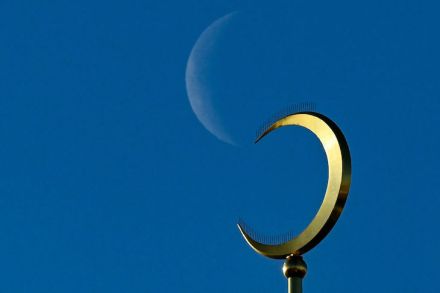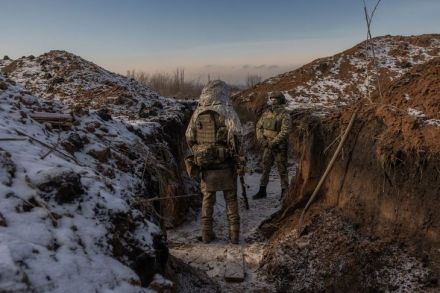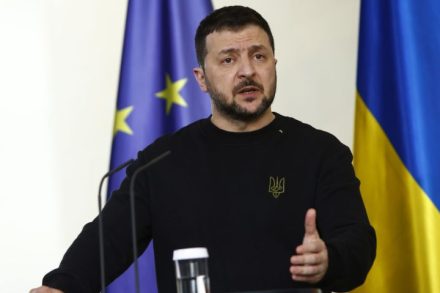Draft dodgers are undermining Ukraine’s plea for help
Emmanuel Macron warned recently that Europe is in ‘mortal danger’. The French president said that Russia cannot be allowed to win its war with Ukraine. He reiterated the idea he first floated in February of sending soldiers to Ukraine, saying: ‘I’m not ruling anything out, because we are facing someone who is not ruling anything out.’ Macron’s comments come amid reports of an upsurge in draft dodgers in Ukraine. They are frightened because their government has launched a crackdown on men avoiding the draft. In November last year it was reported that as many as 650,000 Ukrainians of military age have left the country since the war began. ‘Some men paid




















